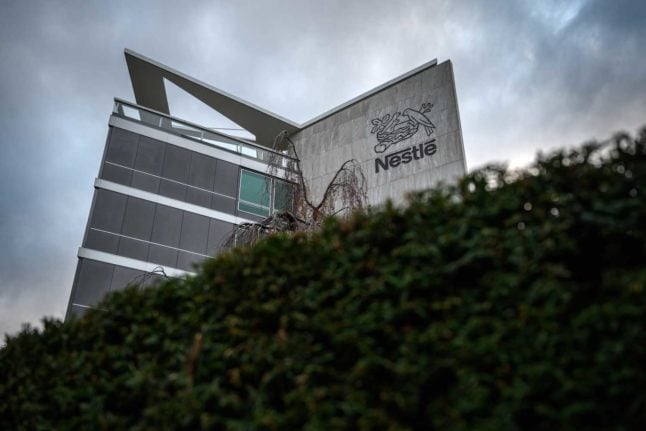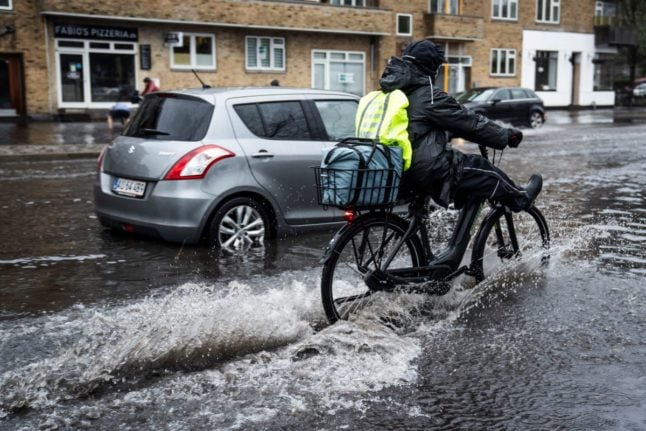Swiss food giant Nestle on Thursday unveiled a multi-billion programme to slash its carbon footprint, aiming to halve emissions by 2030.
As well as targeting zero net emissions by 2050, Nestle's new long-term road map calls for its 800 factories and production sites around the world to switch to 100 percent renewable electricity by 2025.
UPDATED: World's strictest corporate responsibility plan fails in Swiss vote
The conglomerate, which is regularly attacked by environmentalists over things like plastic packaging pollution and deforestation, said it would plant 20 million trees each year over the next decade to help boost reforestation.
In 2018, the world's largest food company emitted some 92 million tonnes of greenhouse gases, it said, adding that was using that as its baseline for measuring progress.
“Tackling climate change can't wait and neither can we. It is imperative to the long-term success of our business,” Nestle chief Mark Schneider said in a statement.
“We have a unique opportunity to address climate change, as we operate in nearly every country in the world and have the size, scale and reach to make a difference,” he said, insisting the company was intent on reducing “our environmental footprint.”
Chairman Paul Bulcke said the group wants to “contribute to a sustainable future for generations to come.”
Nestle, which owns KitKat, Nespresso and Maggi among other brands, said it was working with hundreds of thousands of farmers and suppliers to implement so-called regenerative agriculture practices.
'Something consumers want'
“With nearly two-thirds of our emissions coming from agriculture, it is clear that regenerative agriculture and reforestation are the focal points of our path to net zero,” said executive vice-president Magdi Batato.
Nestle also said it was boosting its plant-based offerings, with several of its vegetarian and vegan brands due to become carbon neutral within a few years.
In total, Nestle said these changes will cost the company some 3.2 billion Swiss francs ($3.6 billion, 2.9 billion euros) over the next five years. That “is a big ticket,” Kepler Cheuvreux analyst Jon Cox told AFP, stressing though that “that has to be put into the perspective of its size.”
All food companies “are going to have spend similar amounts relative to their size to reach commitments on net zero emissions by 2050,” he said, hinting that such investments could be good for business.
“It is a positive as Nestle is leading amongst companies regarding its sustainability commitments,” he said, stressing this is “something consumers want.”
Nestle, whose international brands include Perrier, San Pellegrino and Acqua Panna, is furthermore considering selling its water bottling operations in North America, where environmental campaign groups have criticised its water withdrawal activities.
Greenpeace lambasted Nestle, along with Coca-Cola and PepsiCo earlier this week, for being the world's worst plastic packaging polluters for a third consecutive year.
The environmental group also last year accused the food giant, along with competitor Unilever, of not respecting a 2010 commitment to reach net zero deforestation within a decade, maintaining that the pace of deforestation linked to commodities had instead increased “dramatically”.
Last year, Nestle opened a research institute in Lausanne aimed at studying alternatives to plastic packaging, as it targets 100 percent recyclable packaging by 2025.



 Please whitelist us to continue reading.
Please whitelist us to continue reading.
Greenwashing – Nestle continues water theft at an incredible scale across the world, cranks out millions of Nescafe pods that go into landfills, and bribe influence to local lawmakers to protect their unethical practices. Happy to say our hometown has kicked them out on their water theft, but unfortunately they just move down the road.